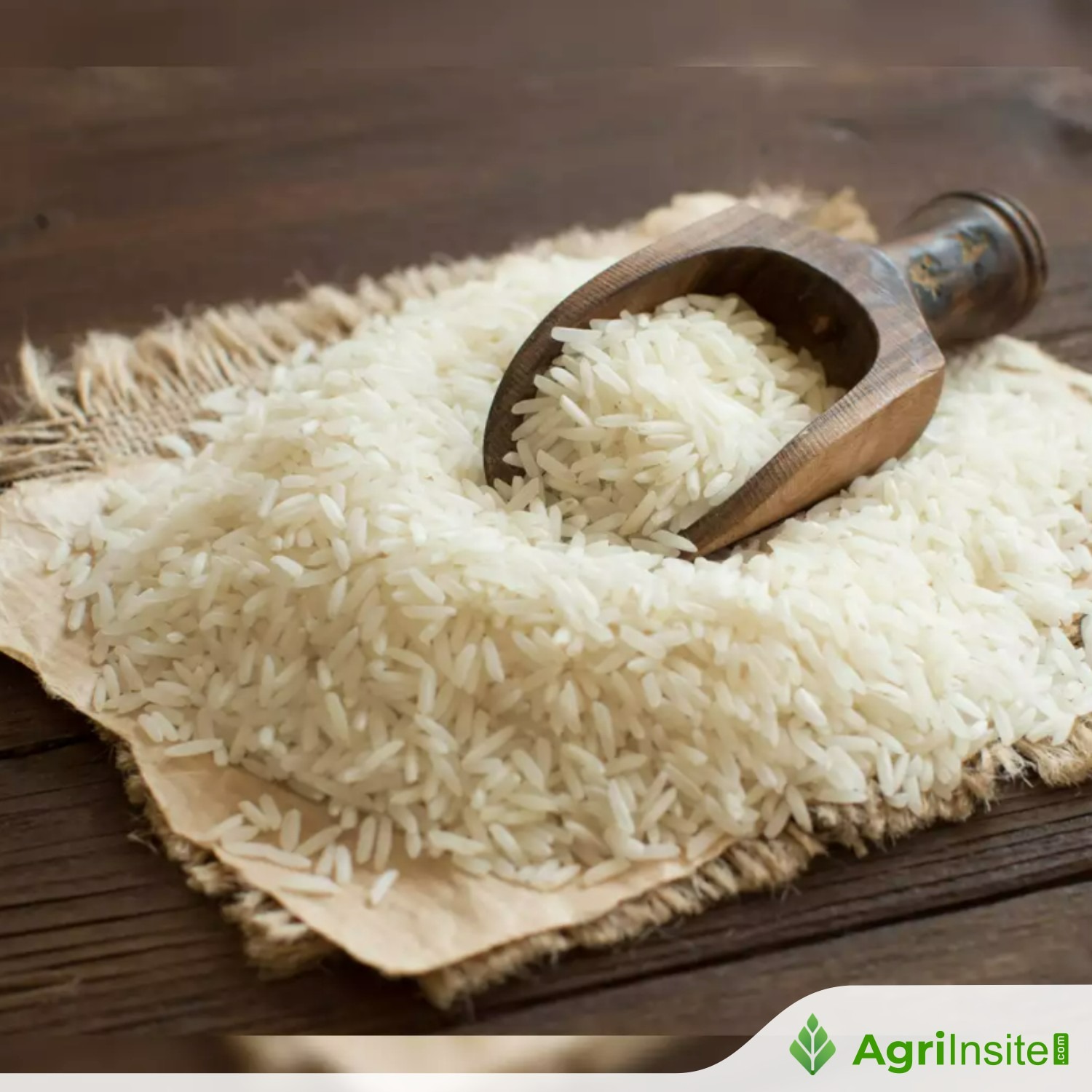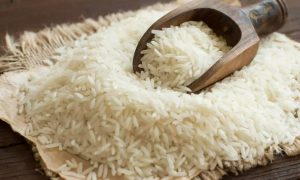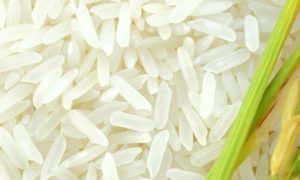Philippines : DA mulls up to P1 million fine for violators of P58 per kilo rice price cap

The Department of Agriculture (DA) in the Philippines has capped imported rice at P58 per kilo in Metro Manila to stabilize prices. If the cap fails, stricter price controls with penalties up to P1 million may follow. Some retailers are still selling rice above the cap while clearing old stock. A food security emergency may be declared to release NFA stocks.
MANILA, Philippines — The Department of Agriculture (DA) has capped imported rice at P58 per kilo in Metro Manila markets to help bring down prices. But what happens if this measure falls short?
In a statement on Wednesday, January 22, the DA warned that if the price cap fails to lower rice prices to reasonable levels, it will recommend stricter price controls and ceilings, with penalties of up to P1 million for violators.
“The agriculture chief has warned that if the MSRP doesn’t bring down rice prices to reasonable levels, the DA will recommend for price controls and ceilings which shall impose fines of up to P1 million on violators,” the agency said.
The P58 per kilo cap for 5% broken imported rice took effect Monday, January 20, following consultations with rice industry stakeholders, importers, and retailers.
Agriculture Secretary Francisco Tiu Laurel said the price of rice with a higher percentage of broken grains should be lower than P58 per kilo. However, DA monitoring found some markets still selling rice above the cap, at P59 to P60 per kilo.
The cap, however, does not apply to locally produced and branded rice, some of which are still being sold at P60 to P65 per kilo.
Selling off remaining stock
DA Assistant Secretary Arnel de Mesa said retailers of these brands explained they are clearing out their remaining stock, which was bought at higher prices, before adjusting to the P58 cap.
“Relatively, prices are already going down, and they are complying with our directives. However, these brands say they acquired their stocks at a high price, so they are just selling off their remaining supply before adhering to the P58 MSRP,” she said in Filipino.
While the DA has not imposed sanctions, it urged markets to comply with the price guidelines. Tiu Laurel said the agency is monitoring prices but lacks the mandate to penalize violators.
The DA will coordinate with the Department of Trade and Industry (DTI) to finalize enforcement measures.
The DA chief also said adjustments to the price cap may be made in the coming weeks.
Current prices. Here are the latest rice prices in Metro Manila markets based on the DA’s monitoring as of January 22:
Imported commercial rice
- Special: P53 to P61 per kilogram
- Premium: P51 to P58 per kilogram
- Well-milled: P40 to P52 per kilogram
- Regular milled: P38 to P48 per kilogram
Local commercial rice
- Special: P55 to P63 per kilogram
- Premium: P48 to P58 per kilogram
- Well-milled: P40 to P55 per kilogram
- Regular milled: P37 to P48 per kilogram
Delays in declaring food security emergency
Beyond price caps, the DA is also considering declaring a food security emergency, which would allow the National Food Authority (NFA) to release its rice buffer stocks to stabilize market prices.
The NFA has around 300,000 metric tons of rice in its warehouses.
The agency initially targeted declaring the emergency on January 22, but the National Price Coordinating Council (NPCC) has yet to provide the DA with an approved resolution.
Despite the delay, the DA said it still expects the emergency measure to proceed, with NFA stocks possibly hitting the market starting February 1.
To read more about Rice News continue reading Agriinsite.com
Source : Philstar Global















